Ahead of World Mental Health Day on Tuesday, Dave Jeffery—co-chair of the Horror Writers Association’s Wellness Committee, and a former mental health nurse—reflects on depictions of mental illness in horror.
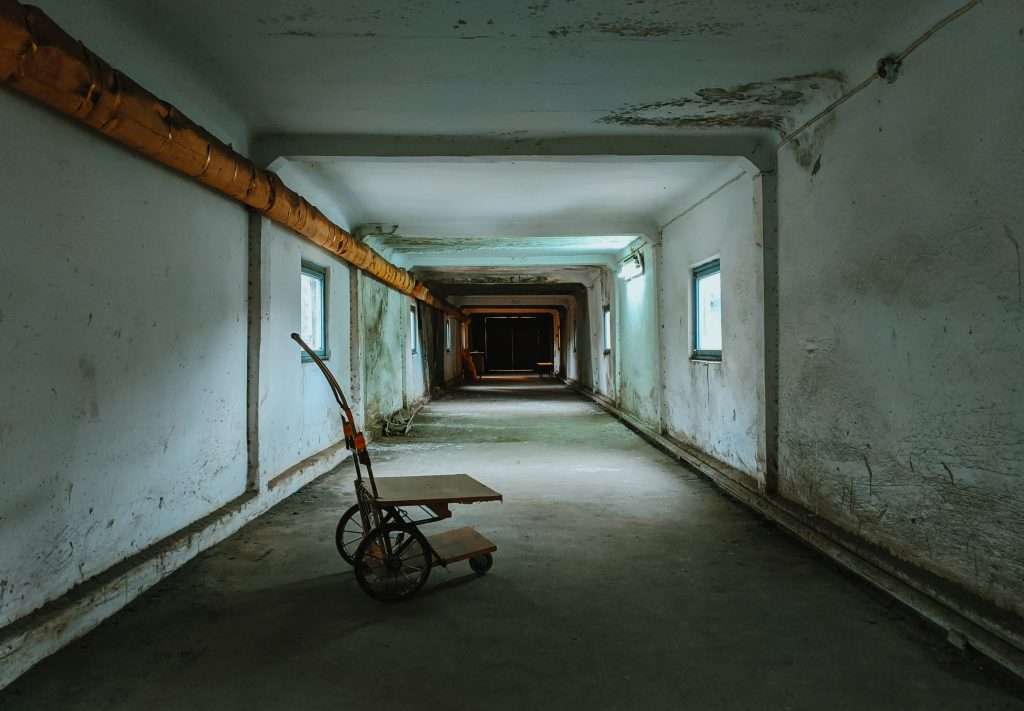
October is a special month for me for two reasons. It is, of course, the time of year where most genre writers (as well as countless others) celebrate Halloween. Yet, it is also the month that plays host to World Mental Health Day (October 10th) and this is of particular significance to this article as it captures to one of the proudest moments in my time as a genre writer. It came about in June of this year, when I was invited to present an online workshop as part of the Summer Frights Writing School Programme, facilitated by wonderful Alex Davis. The workshop was titled “Mind Your Language: Reducing Mental Health Stigma in Horror and Speculative Fictionâ€. What this basically entailed was an exploration of how mental illness found its way into the language of the genre and how, as writers, the participants could ultimately shape their narratives to be sympathetic to those suffering with mental illness, while still writing great, scary stories. The feedback was positive, thus the workshop a success.
Yet, to get to the point where you’re delivering an in-depth analysis of the history of horror and mental illness, took a lot longer than the two-hour workshop. It took 35 years working in the NHS as a mental health nurse and risk management educator, and a series of other events that gave grounding to the presentation and considerations to its content. It is the latter aspect that I would like to highlight here because, as you will see, the construct of mental health stigma in the genre, and the desire to address it, is greater than any one individual.
It’s a topic with increasing interest in SFFH communities
In 2022 the Horror Writers Association (HWA) Wellness Committee (which I co-chair alongside the brilliant and multi award-winning writer and editor, Lee Murray) launched a Mental Health Initiative that was designed to tackle—head-on—the poor representation of mental illness in the horror genre, and subsequent community. The launch involved high-profile community engagements including online and face-to-face panels at StokerCon and ChillerCon, and the development of dedicated online resources, including a mental health initiative charter that demonstrated the commitment the HWA had towards facilitating change. The panels did not operate in isolation, they were guided and shaped by those contributing to them, and detailed panel reports provided so that all content could be disseminated and used to raise further awareness in the community.
Since this time mental health panels have flourished at numerous genre conventions, including The British Fantasy Society’s FantasyCon last year, where Penny Jones moderated an in-depth exploration as to why mental health need representation in SFFH genres. What we are able to take from these panels, from the participants and those people in the audience, is that the topic is of utmost importance, and further understanding of how mental illness has become so synonymous with the horror genre is certainly required.
It was this notion that fed into the workshop I presented in June, but there was one other instance that helped define the final presentation, and that was an online panel I moderated for StokerCon 2023. Panellists Ramsey Campbell, L. E. Daniels, Dan Rabarts, and Sarah Saferight Lloyd, gave light to some broader issues, especially the complex relationship between horror and mental illness. So here the seeds were sown for the presentation, and my research began to find ‘ground zero’ as it were and find it, I did—eventually—in the form of the 1920 German expressionist film The Cabinet of Dr Caligari. This starting point fused the notion of mental illness and the stereotypical horror tropes that we constantly challenge today.
There’s a lot to consider…
It is important that at least some of the information presented at the workshop is provided so that creatives can navigate some of the sensitive issues raised in this subject area. Below are some general writing tips on how to create stories that limit the stigmatisation of mental illness, framed around general considerations, considerations of character and setting, and guidance on how to see if the writer has, to the best of their ability, got it right.
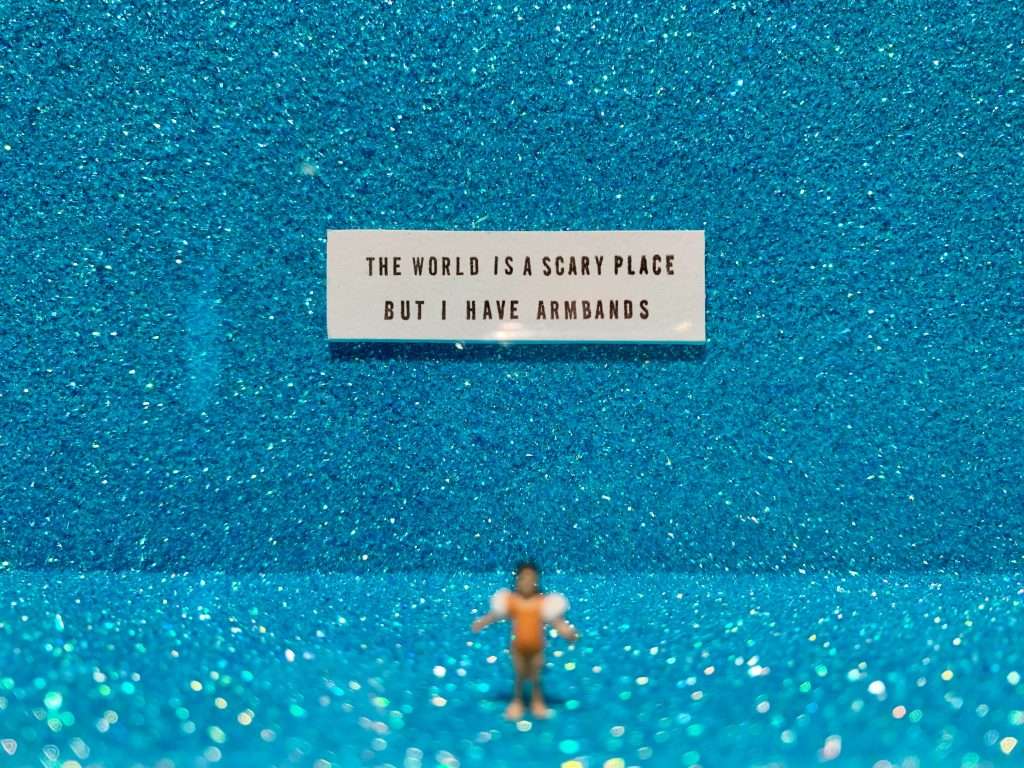
General considerations
- Research = Accuracy
- Utilise the ‘lived experience’ of those who suffer with mental illness.
- Be sensitive to the core concepts of exclusion, isolation, the loss of hope, and the impact this has on the person and family/friends.
- Use the core construct of equity and equality when writing about the mentally ill. Consider those with mental illness as a marginalized group.
Considerations on characters
- A person should not be defined by their mental health diagnosis.
- Mental illness should not be used as a rationale for violent actions. Statistically, mental illness is not synonymous with dangerousness.
- The influence of mental illness is a good place to explore the true impact on a character’s life and wellbeing, and how they interact with others and the world around them.
- Use characters who have alternative perspectives to demonstrate ill-informed, populist views of mental illness but have others who challenge such a view to present balance.
Considerations on settings
- The use of metaphor is a vehicle to discuss complex and sensitive issues.
- If using historical settings (such as asylums) present them accurately even this may appear to be moving into stereotypical areas. Research their philosophies and rationales behind regimes and treatments.
- Remember that asylums of the 1900s were places that would appear at odds with how we view a mental health facility today. But they still existed! Also thoroughly research clinical settings & treatments of today.
- The effects of mental illness on settings such as the family home makes for compelling reading and is an accurate reflection of the ‘lived experiences’ of many people.
How do we know we are getting it right?
- Use Sensitivity and Beta Readers (via social media writing groups)
- Always use research via mental health charities, NHS sites, or peer reviewed journals
- Benchmark your work against the Horror Writers Association’s Mental Health Initiative and materials which can be accessed for free here.
It is through the exploration of such issues and, to the delight of people like me, the horror community are also embracing this mental health renaissance in the genre. In these times of enlightenment, only good things shine, and as such echoes what is at the heart of all those recovering from mental illness, and that is the presence of hope.
Have a wonderful Halloween season. But, more importantly, Happy World Mental Health Day.
Main image by Vadim Babenko on Unsplash / inset image by Fernando Jorge on Unsplash
Dave’s current release is THE DEVIL DEVICE published through Crossroad Press’ Macabre Ink imprint.
Read Sarah Deeming’s British Fantasy Society review here.
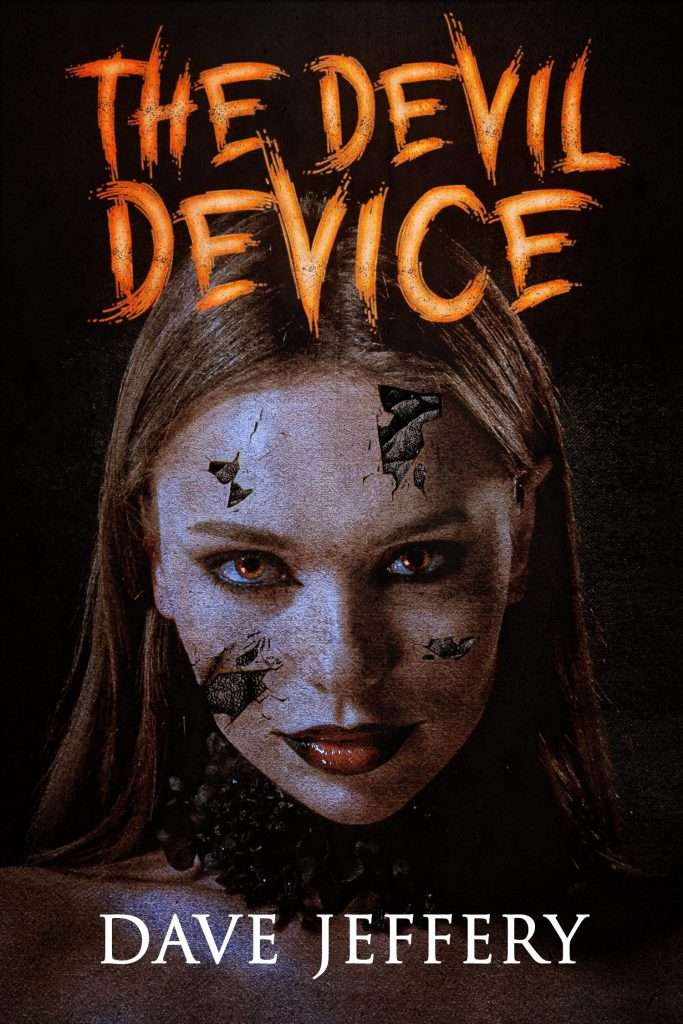

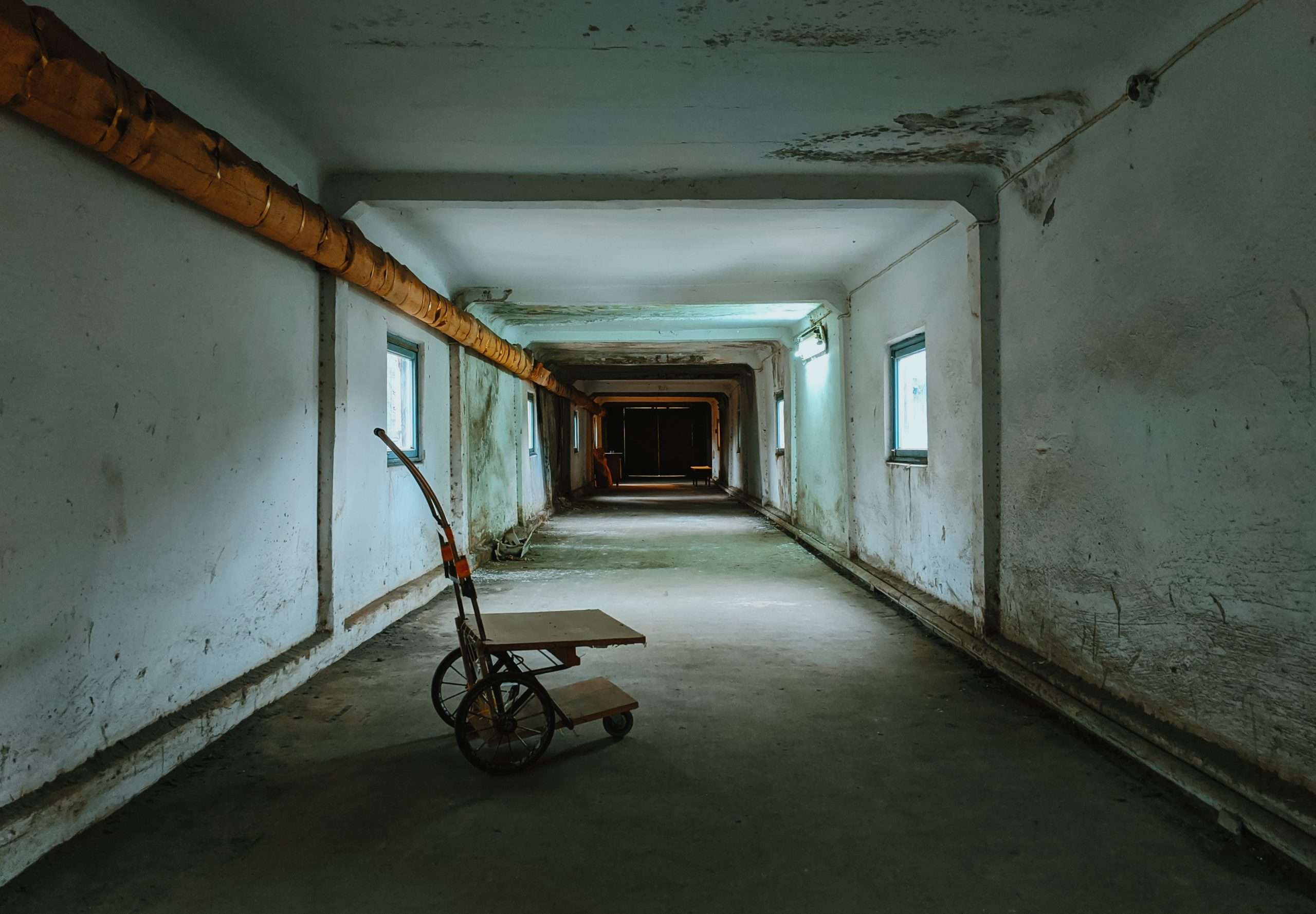
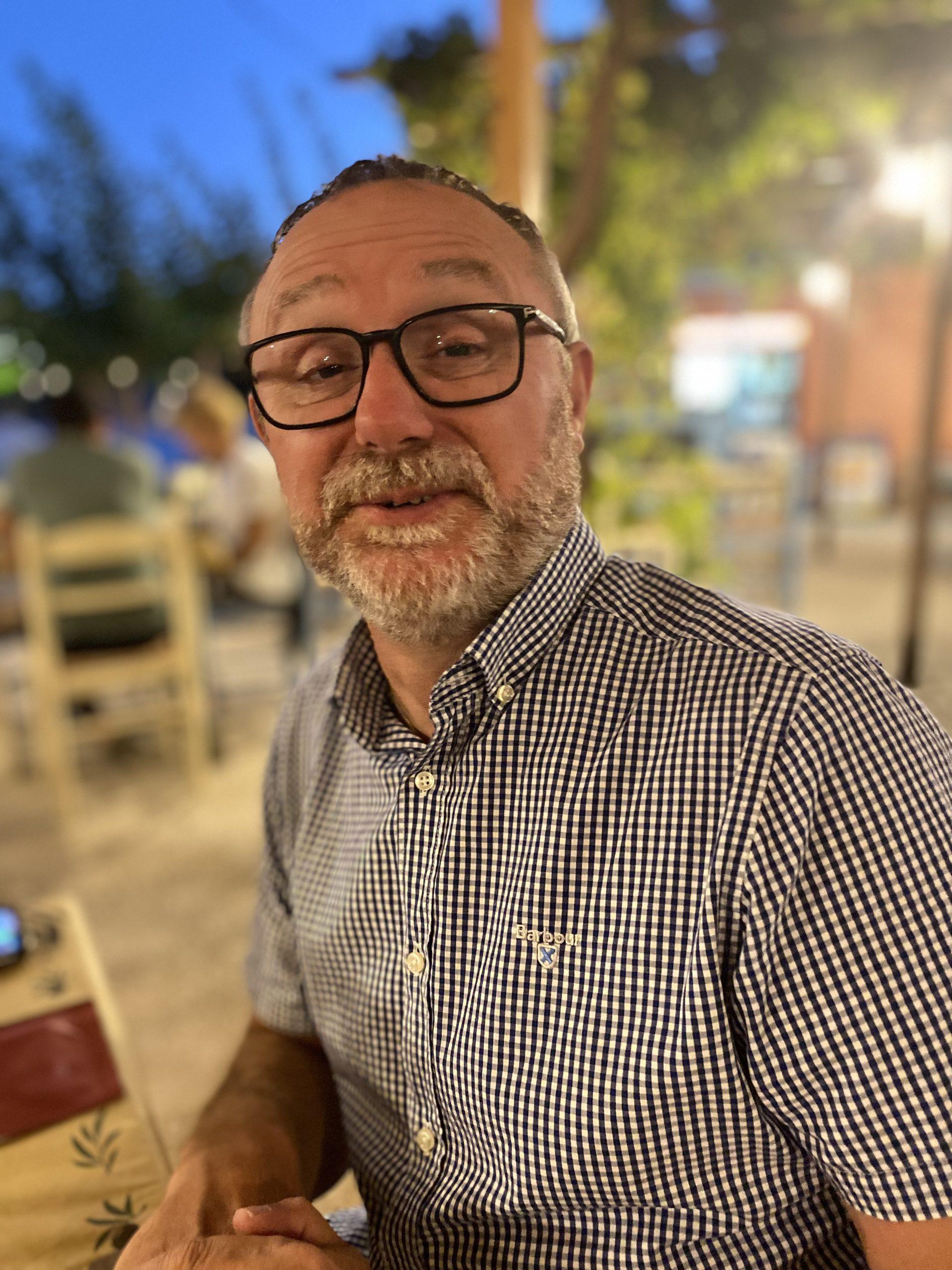
2 responses to “Writing about mental health with sensitivity in SFFH”
I started off writing horror and science fiction when I was in my 20s in the 1990s. When it wasn’t working out I turned it into some tame Halloween spookies and was published. I stopped writing the horror because of mental health but I didn’t want to be too over moralistic over it and it was mainly men who wrote horror. I didn’t want to be in competition with the men so I wrote some thriller stories. One of them is in an anthology called the Edge Of Sanity with some ghostly looking corriders on the front of the page.
I was in a performance in the year 2000 when I enrolled with an evening class in performing arts and starred as the grandmother in Blood Wedding which was quite a horrific play written by Fredrica Glacier Lorca